
Top 10 MIDI Keyboards 2021
A MIDI Keyboard is a useful device that allows music producers to intuitively input chords, melodies, and even drums into their DAW. They usually come with velocity-sensitive keys, pads, and knobs to help provide that human feel to your electronic tracks. This article rounds up the top 10 MIDI keyboards of 2021 and will help inform you about what to consider before purchasing one.
Why Do I Need A MIDI Keyboard?
Have you ever seen an instrumentalist ‘lose’ themselves in the music they are creating? Eyes closed, head pointed to the sky, and absolutely surrendered to the piano, guitar, or drums that they’re playing?
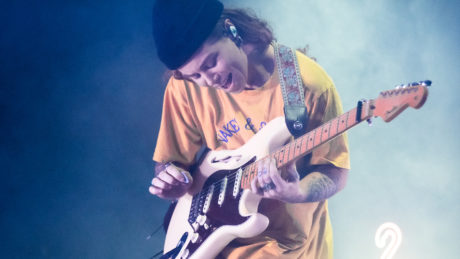
(Source: Tash Sultana, Image by Jim Bennet/FilmMagic May 2020)
This is the feeling that we musicians like to call “the flow state” – and it’s one that music producers can find hard to reach behind the clickity-clack of a mouse and keyboard. Enter a MIDI keyboard – a tool that can help you bridge that gap, play your computer like an instrument – and unlock your flow.
If you’ve just picked the right laptop, headphones, and/or monitor speakers for you, chances are you’re on the hunt for the right MIDI keyboard. In this blog, we’ve listed some portable and affordable options that might fit your needs.
For more seasoned producers – we’ve also covered some of the newer technologies that have been introduced to MIDI keyboards in 2021. From Ableton Live integrations to completely reimagined instruments – read our top 10 MIDI Keyboards for 2021 below.
[su_divider top=”no” size=”1″]
New in 2021 – MIDI 2.0 & MPE
MIDI 2.0
MIDI, or Musical Instrument Digital Interface, is a technology that’s been around for nearly 40 years. Put simply, it allows messages to be sent from a transmitter (like your MIDI keyboard) to a receiver (like a computer, or a synthesizer). Perhaps its simplicity helped it stand the test of time. However, with MIDI now at the centre of modern music production – the folks at the official MIDI Association have been busy creating “MIDI 2.0.”
This improvement will allow for finer resolutions with changes (rather than the current 0 to 127), additional controls for articulation & pitch, and improvements to dynamic response (velocity.) So far, the only MIDI 2.0 compatible controller is the Roland A-88 MKII – but we believe it’s only a matter of time before more controllers are introduced with these new specs!
MPE
Simultaneously, tech wizards have been working on an equally game-changing, and perhaps more relevant technology called MPE (MIDI Polyphonic Expression). MPE allows compatible controllers to control multiple parameters (such as pitch bend, vibrato, timbre, volume) of every single note separately when using MPE-compatible software.
For example – if you play a chord and move the pitch bend wheel on a standard MIDI controller – it will change the pitch of all the notes being played. This is because all of the MIDI notes are going through one MIDI channel. However, with MPE controllers, each MIDI note is transmitted via its own channel – allowing you to change the pitch of only one of the notes being played. Overall, this allows the final sound to be more expressive, and allows producers to achieve sonic effects via intuitive gestures rather than tedious programming.
Want more good news? Ableton 11 is served with a healthy side of MPE compatibility. Read on until the end of this blog to find a good MPE controller to pair it with!
7 Things To Consider Before You Purchase
Price
There are many factors to consider when picking the right MIDI keyboard, with price being the main decider. If you’re reading this blog on one tab and hesitantly looking at your bank account on another – perhaps first check out our ‘Performing With Your Computer Keyboard’ article. Your computer keyboard is actually a surprisingly powerful MIDI keyboard. The best part – it’s completely free! While it may not have built-in velocity sensitivity, you can pair it with MIDI Effects like Velocity, Note Length, and Scale to achieve impressive results. Don’t underestimate what’s in front of you – limitation is necessary for creativity!
[divider style=”clear”]
Size
Do you need to be able to fit your laptop, headphones and MIDI keyboard into your backpack and easily unpack them when you reach Beat Lab Academy or your friend’s place? If so – take a look at the smaller keyboards below (between 25-32 keys). If you’re concerned about the range you can reach with this size keyboard – don’t forget that the octave toggle these keyboards come with allow you to still reach the entire range of your piano roll. However, if you’re looking for a bigger keyboard as your latest studio acquisition – you can find the bigger keyboards (minimum 66 keys) in the second half of this blog.
[divider style=”clear”]
Feel of the keys
Pianists will tell you that there’s a certain magic to the keys of a grand piano. Things like the depth of the key, the sturdiness of the material, and the dynamics of the sound depending on how hard you press the keys (what we producers call ‘velocity sensitivity’). MIDI Keyboard manufacturers do their best to recreate that feel with their products. Think about whether this is important to you. For example, this might be more important to a pianist using software to write film scores, rather than a dubstep producer.
[divider style=”clear”]
Pads
Are you the kind of producer that always has a beat in their head, and is constantly fidgeting with items around them to recreate that beat? Chances are you’re a closet finger drummer waiting for the right kit to unleash your beats. If that’s the case – definitely ensure that your MIDI Keyboard of choice has at least 8 velocity-sensitive pads.
[divider style=”clear”]
Knobs & faders
If all you’re looking for from your keyboard is to be able to recreate playing the keys, and perhaps using pads to play the drums, then you may not need knobs or faders on the keyboard of your choice. However, these can be a handy addition – allowing you to control parameters, record automation, and even perform live.
Something look out for is that there are two kinds of knobs – continuous rotary knobs (you can keep scrolling infinitely), and fixed position knobs (clearly limited digitally and physically between the MIDI values of 0 and 127.) The former is better suited for “smooth takeovers” – where the hardware continues the software value from where it was last set; whereas the latter is better suited for more specific control as you’re always aware of the range of your expression. Consider which might be better suited to your production goals.
[divider style=”clear”]
Pitch & modulation wheels
What separates a sound that sounds computerised versus one that sounds more human, is the addition of ‘modulation’ – or movement of a parameter over time. MIDI keyboards often come with Pitch & Modulation wheels so you can easily add that playfulness that brings your MIDI recording to life. However, keyboards can have different designs for this feature – whether it’s a joystick, an XY pad, touch-sensitive bars – or just the good old wheels!
[divider style=”clear”]
Bonus features
MIDI Keyboards usually try to add various “unique selling points” and some of these additions might resonate with you. If you’re a pianist, you might want to look for a keyboard with a sustain pedal input. If you’re more hands-on, you might want a keyboard that can arpeggiate directly on the keyboard rather than on the computer. If wires are the bane of your existence – you might look for one that has Bluetooth functionality. If you’re looking for new sounds, you might want to look for a keyboard that comes with its own software bank of sounds. Or if you’re a natural performer, you might want the keyboard that best integrates with Ableton Live’s Session View & provides you with a healthy amount of visual feedback.
[su_divider top=”no” size=”1″]
Recommendations
For The Producer On The Move
1. Akai MPK Mini Mk3 | 25 keys | $110
Akai’s MPK Mini has been one of the most popular MIDI keyboards for beginners – and for good reason. With 25 keys, 8 MPC style pads, 8 knobs, and a pitch bend/modulation joystick – it has everything you need to start creating and will still comfortably fit into your backpack. The MK3 version brings some welcome updates – including a new keybed (Akai’s Dynamic Gen 2 design) which is solid, responsive, and mechanically quiet; continuous rotary knobs (say goodbye to values jumping when you switch plugins), and is also now available in black!
[divider style=”clear”]
2. Novation Launchkey Mini Mk3 | 25 keys | $110
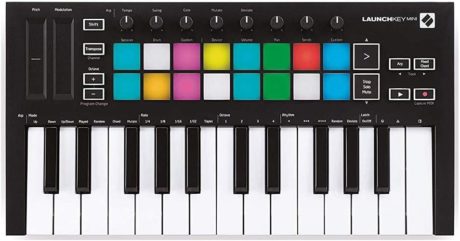
Rated by many blogs as the best portable MIDI keyboard of 2021 – we highly recommend this keyboard especially for Ableton Live users. It’s come a long way from its MK2 days, and features some impressive Ableton Session View integration to assist with those spontaneous jams. Other new additions include a hardware MIDI out on a TRS jack, a built-in arpeggiator, a chord memory feature, and an included software bundle that spans from Ableton Live Lite to two months of Splice Sounds and more! Check it out in action over here.
[divider style=”clear”]
3. Arturia Minilab MKII | 25 keys | $110
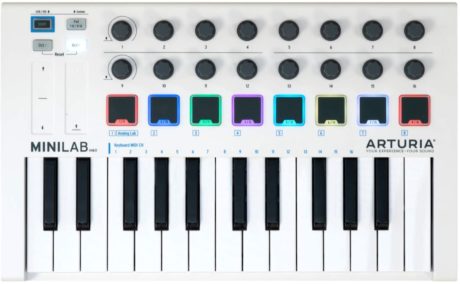
Arturia is a brand name that you will see peppered throughout this blog and for good reason. They are best known for the quality of their keys – with pianists being able to recreate surprisingly good scores with their velocity sensitivity and sustain pedal input. While this keyboard isn’t exactly new – we felt it was worth a mention due to their simplicity. 25 keys, 8 pads, 16 endless encoders, and pitch bend/modulation touch strips all packed in at a reasonable price. What’s more – this keyboard also comes with a complimentary intro to the famous “Analog Lab” sound bank by Arturia.
[divider style=”clear”]
4. Arturia Keystep Pro | 37 Keys | $399
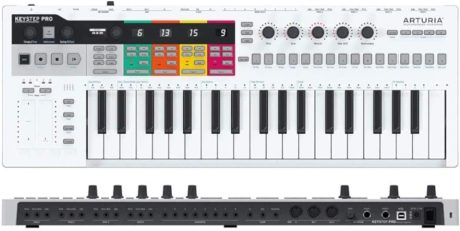
Going up in price, the Arturia Keystep Pro is a powerful all-rounder that combines cross-format analogue and digital sequencing for $399. Each of the four sequencing channels on the KeyStep Pro can record a sequence of up to 64 steps. These are polyphonic, with up to 16 notes per step. Tracks 2, 3, and 4 have an arpeggiator, while track 1 also serves as a 24-part drum sequencer. If you’re looking for melodic sequencing and flexible hardware control – it’s hard to go past the Arturia Keystep Pro.
[divider style=”clear”]
For The Studio Addition
5. Novation Launchkey 61 MK3 | 61 Keys | $260

The bigger brother of the Launchkey Mini featured above, no surprises that this keyboard also targets heavily on Ableton Live integration & performing with Session View. While traditional pianists might scoff at its unweighted keys, chord modes, scale modes and arpeggiators – these features are designed to allow the modern producer to access interesting melodies efficiently. It comes packed with sliders and encoder knobs to help you smoothly manage several parameters at once. It also has a 5-pin MIDI out and a sustain pedal input, allowing you to choose between a traditional feel and a modern sound on both hardware and software.
[divider style=”clear”]
6. Arturia Keylab mkII 61 | 61 keys | $499
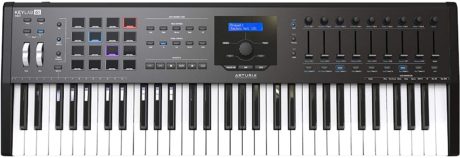
Arturia’s response to the 61 key format is nothing short of elegant. The additional price is justified with semi-weighted keys, aluminum build rather than plastic, and myriad encoders, faders, launchpads, and pedal inputs. This unit would be as comfortable in the center of a studio, as it would be on the road. Included in the bundle is the Analog Lab 4 software by Arturia – ensuring you’ll never run out of sounds to choose from.
[divider style=”clear”]
7. Casio CT-S300 | 61 keys | $150
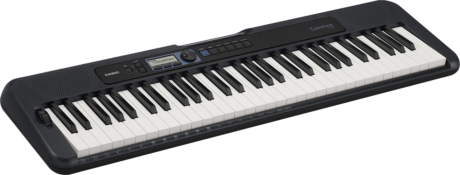
This one is a slightly unconventional pick from the team here at Beat Lab Academy that you probably won’t see covered in many other blogs. As much as we’re advocates for the craft of electronic music, we also encourage students to switch off their screen, take their instrument outside, and connect with nature whenever they can get the chance. The Casio CT-S300 is a versatile MIDI keyboard that allows just that. Instead of connecting it to power, simply pop in six AA batteries, grab it by its built-in handle, walk to your nearest local park, plug in your headphones (it has a built-in 3.5mm headphone jack), and unlock that ‘flow state.’ Its 61 keys, 3 stage velocity sensitivity, and impressive bank of in-built sounds also make it a handy studio addition!
[divider style=”clear”]
8. Native Instruments Komplete Kontrol S61 MK2 | 61 keys | $699
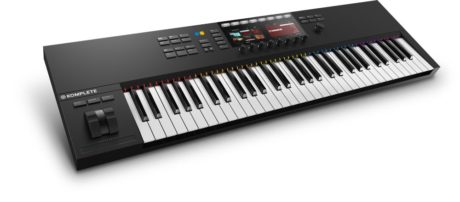
In every category, there’s an ‘endgame’ product – one you can’t beat – and in the world of MIDI keyboards it’s the Native Instruments Komplete Kontrol S61 MK2. If you’ve been producing for a while – chances are you’ve heard of Native Instruments Komplete – the ultimate sample library. As the name suggests, the Komplete Kontrol keyboard seamlessly controls this behemoth plugin, and any third-party plugins that support the NKS standard. They’ve significantly improved on their predecessor by adding proper pitch and mod wheels rather than touchstrips, 17 additional function buttons, and a horizontal touchstrip for additional expression. The two high-resolution colour screens also allow you to do much more from the device itself, thanks to the useful visual feedback provided.
[divider style=”clear”]
Curveballs
9. Roli Seaboard Rise 49 | 49 keys | | $800
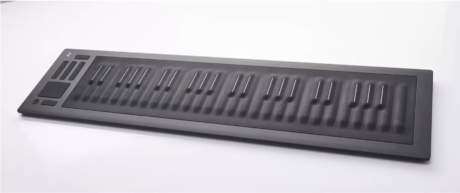
Every now and then, an inventor will come along and question why things are done the way they are. Why does the keyboard have to be firm to the touch? Why can’t players slide from one note to another? Why does it have to look like a mini version of its predecessor – the piano? The Seaboard Rise 49 from Roli is one of those innovations that we would classify as a ‘gamechanger.’ Roli is the manufacturer that spearheaded the creation of MPE technology – and they make sure to practice what their preach with their revolutionary hardware. Their keyboards such as the Rise, Blocks, and LUMI Keys allow the user to play the keyboard-based instrument more like a brass or stringed instrument. Adopted by greats like famous Indian movie composer – AR Rahman, don’t underestimate the innovation packed into this kit!
[divider style=”clear”]
10. Ableton Push 2 | 64 pads | $1,000
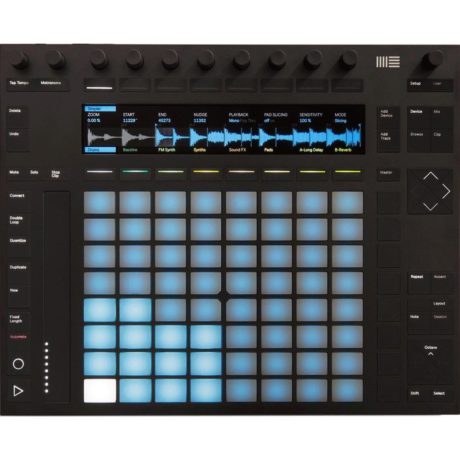
As a certified Ableton Training Center, we are big fans of Ableton Live & its custom-made hardware product – the Ableton Push 2. While this doesn’t look or classify as a traditional MIDI keyboard, it might be a purchase worth considering if you’re a tactile learner and have the budget for it. Its 64 pads can be programmed to be played chromatically or diatonically. You can control an instrument or make beats, without even having to look at your computer. Ableton designed this hardware with the aim of helping producers unlock that flow state – and it’s an everyday essential here at Beat Lab Academy.
However, Push is a new type of instrument with a definite learning curve. If you’ve just acquired a Push or are thinking of getting one – check out our 6-week master course that will help you learn the tools, techniques, and tricks required to master Push. If you’re already a Beat Lab student and want to get your hands on one of these machines – just email us at [email protected] to access your exclusive discount!
[su_divider top=”no” size=”1″]
If you’d like to learn more about music production with Ableton Live with access to online live study groups, find out which of our programs is right for you.
[divider style=”clear”]
[su_button url=”https://beatlabacademy.com/beat-lab-live-online/” style=”ghost” background=”#303133″ color=”#303133″ size=”12″ wide=”yes” center=”yes” radius=”20″ icon_color=”#303133″ class=”custombuttonsyeuda”]Beat Lab Live Online[/su_button]
[su_button url=”https://beatlabacademy.com/online-certification-program/” style=”ghost” background=”#303133″ color=”#303133″ size=”12″ wide=”yes” center=”yes” radius=”20″ icon_color=”#303133″ class=”custombuttonsyeuda”]Beat Lab Online (Self-Pace)[/su_button]
[su_button url=”https://beatlabacademy.com/request-more-info/” style=”ghost” background=”#303133″ color=”#303133″ size=”12″ wide=”yes” center=”yes” radius=”20″ icon_color=”#303133″ class=”custombuttonsyeuda”]Contact Us[/su_button]
[su_button url=”https://beatlabacademy.com/class-visits/” style=”ghost” background=”#303133″ color=”#303133″ size=”12″ wide=”yes” center=”yes” radius=”20″ icon_color=”#303133″ class=”custombuttonsyeuda”]Class Vists[/su_button]


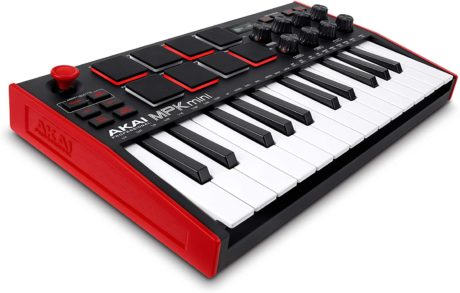
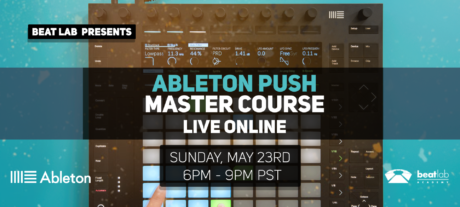
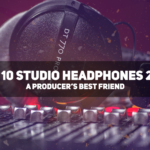
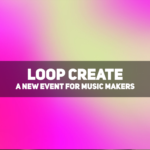
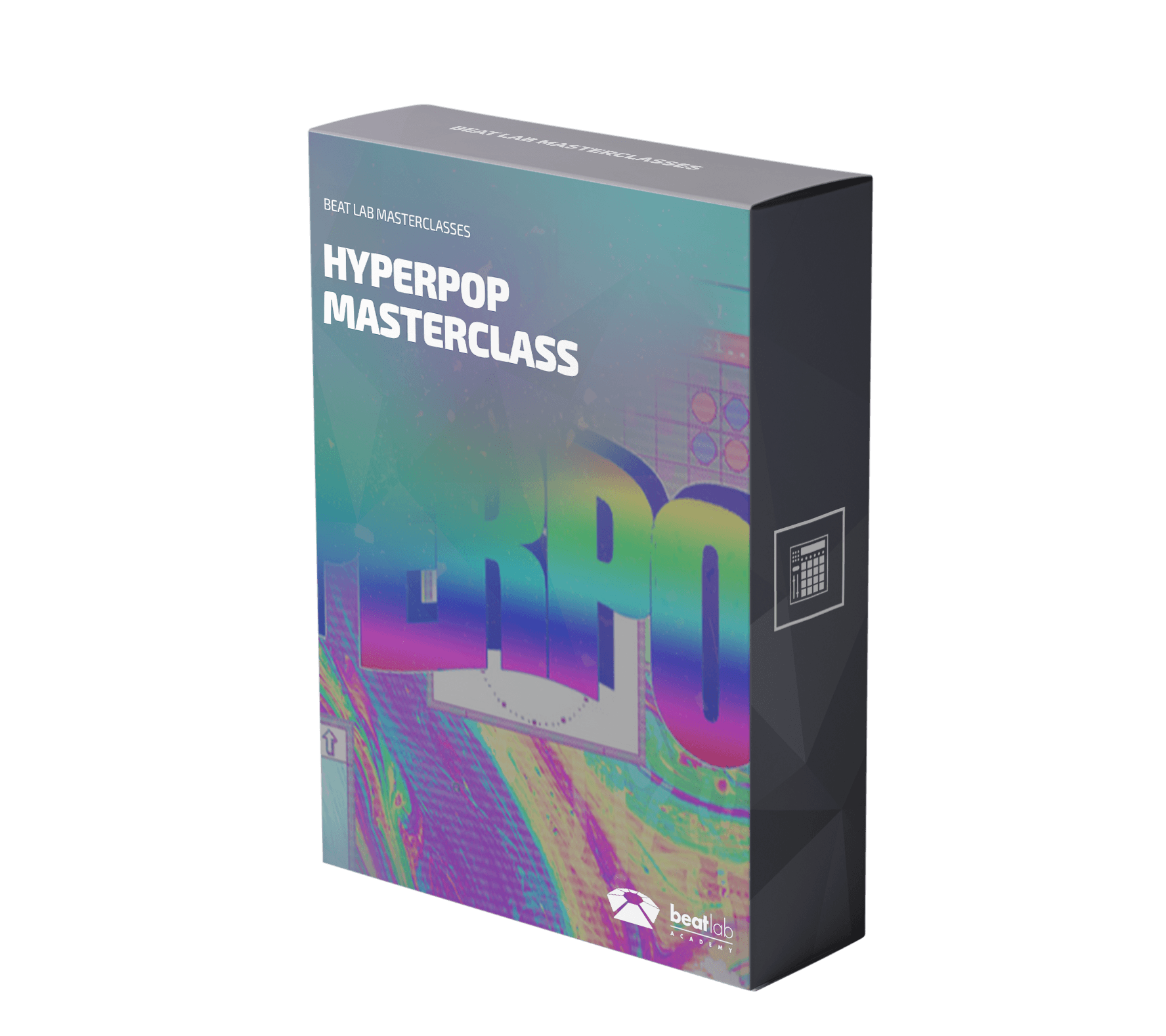
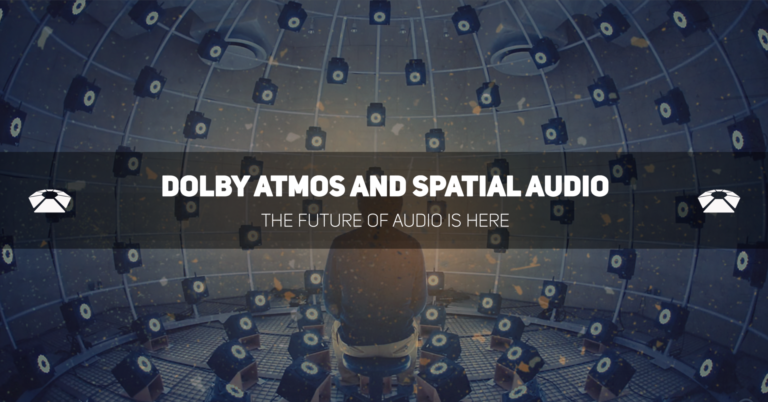
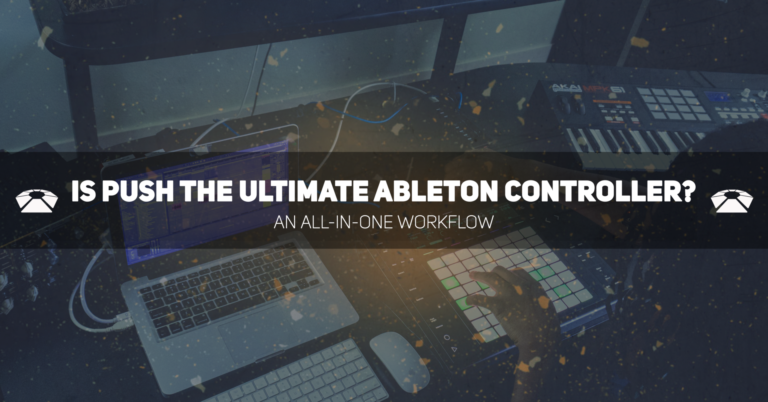
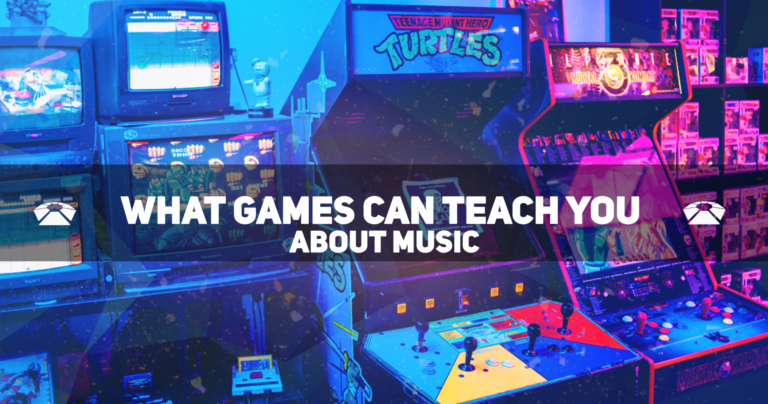
0 responses on "Top 10 MIDI Keyboards 2021 - Unlock Your Flow"